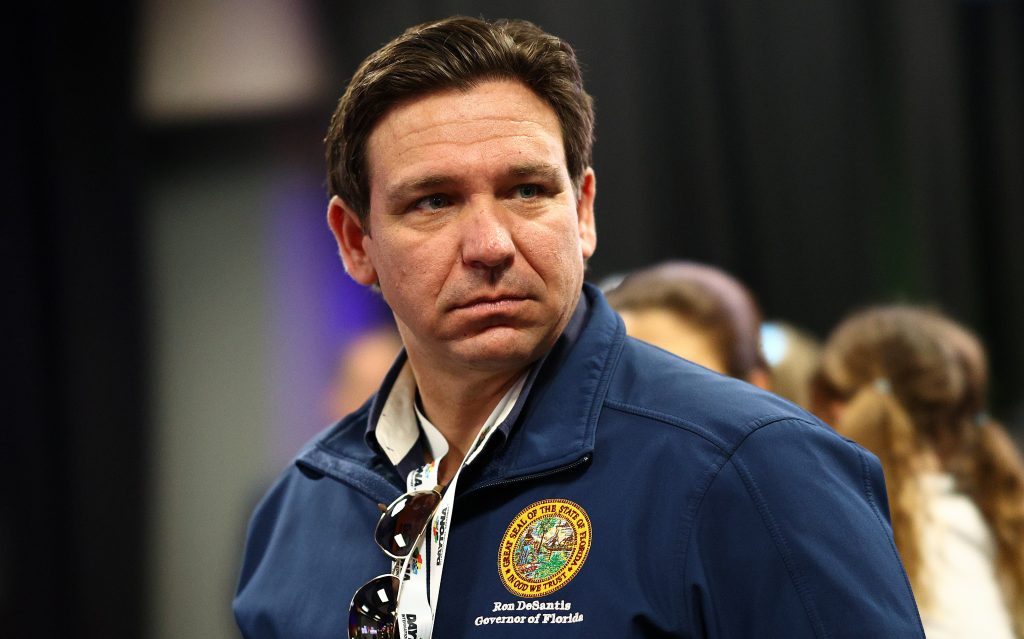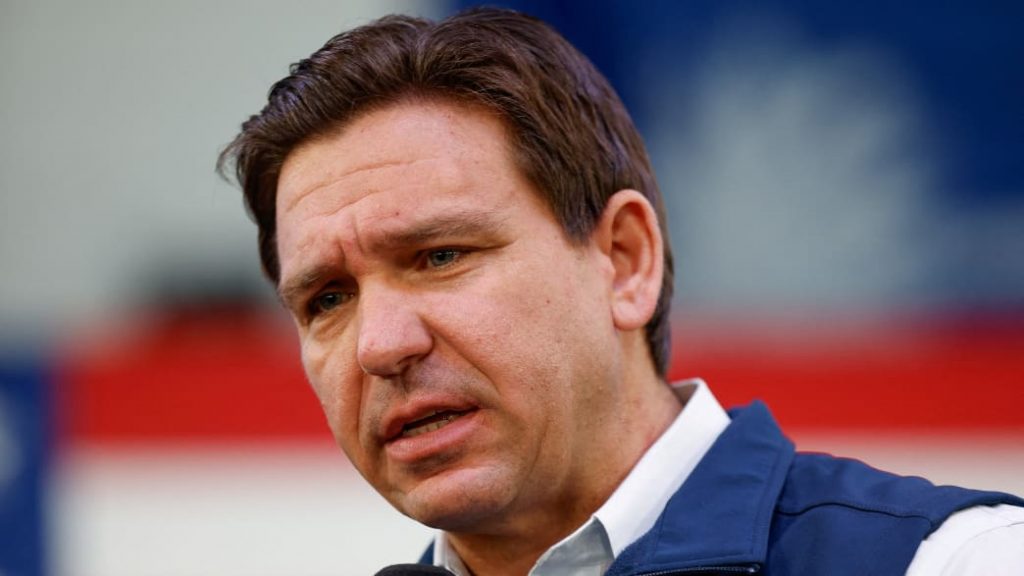
In an effort to address the complexities surrounding homelessness, Florida Governor Ron DeSantis has signed into law House Bill 1365, igniting discussions nationwide. This legislative move seeks to redefine the use of public spaces while aiming to offer structured support for individuals experiencing homelessness. As we delve into the facets of HB 1365, it’s crucial to comprehend its intentions, implications, and the conversations it has sparked.
Balancing Public Use and Compassionate Solutions
At its core, HB 1365 prohibits the establishment of homeless encampments on city streets, sidewalks, and parks, guiding affected individuals towards government-monitored temporary shelters or designated campsites. The law, which sets in motion from October 1, underscores the state’s directive to maintain the cleanliness and safety of public spaces, drawing parallels with the need to manage unruly public gatherings such as spring break events.
Comprehensive Approach to Homelessness

Governor DeSantis has emphasized the multifaceted approach of HB 1365, highlighting the provision of essential services such as addiction treatment and mental health counseling within the shelters and camps. This initiative not only aims to curb the visibility of homelessness but also addresses the underlying issues, marking a significant shift in handling this societal challenge.
A Controversial Standpoint
Despite the intended benefits, HB 1365 has stirred debate. Critics argue that while the bill seeks to clear public spaces of encampments, it does not tackle the root causes of homelessness, such as economic instability, addiction, and lack of affordable housing. Concerns have been raised about the potential for this law to simply move the problem out of sight without providing a long-term solution.
Striving for a Harmonious Coexistence
Supporters, including Florida State Sen. Jonathan Martin, argue that the bill represents a major stride in efficiently serving the needs of homeless individuals. By reintegrating public spaces for their intended uses and simultaneously offering support services, the bill is seen as a balanced approach to a longstanding issue.
Looking Ahead: Impacts and Observations
As HB 1365 takes effect, its real-world impacts on both the homeless population and the general public remain to be observed. The success of this legislation hinges on the effective implementation of support services and the community’s willingness to adapt to these changes. Moving forward, the dialogue between supporters and critics of HB 1365 will be pivotal in shaping Florida’s approach to homelessness and public space management.
In conclusion, while HB 1365 has sparked a variety of opinions, its enactment marks a critical juncture in Florida’s approach to homelessness. By mandating a cleaner and safer public environment while providing resources for those in need, the state sets a precedent for addressing homelessness with a blend of law enforcement and compassionate care. The effectiveness of HB 1365 will ultimately depend on its execution and the continuous evaluation of its impact on the lives of Florida’s homeless population and the community at large.
Leave a Reply
You must be logged in to post a comment.